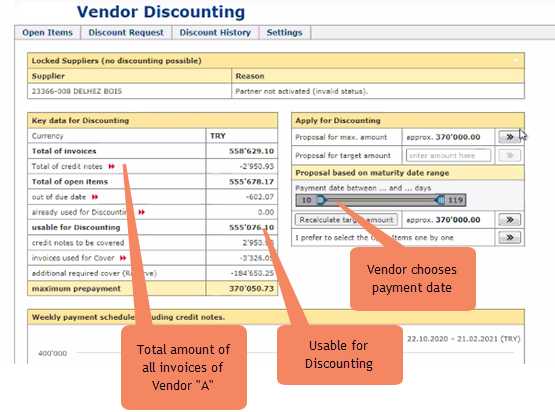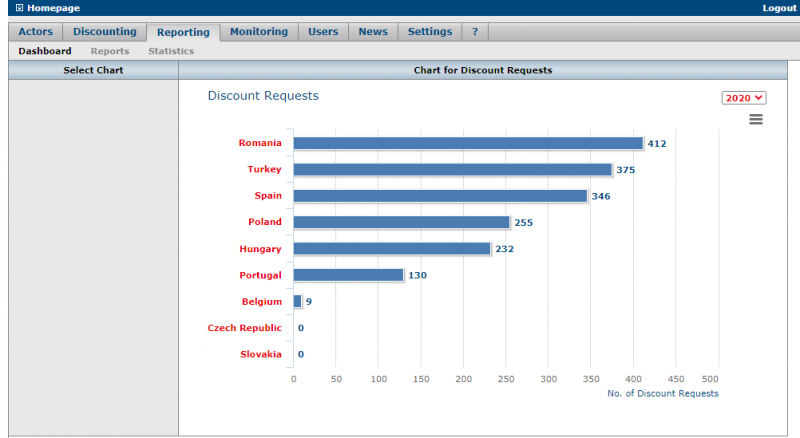Transfer Pricing Implications of the COVID-19
By Martin Schneider
Fabian Arnold and I were working next door when Tomato was mandated to be part of the interim project in 2018. Fabian prepared the following study. Congrats Fabian, excellent work!
With the 2017 revision of the OECD Transfer Pricing Guidelines the OECD employs the “concept of control over risk” as the turning point in determining whether or not an associated party, which is contractually assuming risks, is from a transfer pricing perspective entitled to receive the higher returns associated with such risks. This IBFD* article by Fabian Arnold provides a historical context and critically evaluates this concept from a tax policy, general arm’s length as well as international corporate tax framework perspective.
Mit der 2017 erfolgten Überarbeitung der OECD-Verrechnungspreisrichtlinien verwendet die OECD das “concept of control over risk” als Wendepunkt bei der Bestimmung, ob eine verbundene Partei, die vertraglich Risiken übernimmt, aus einer Verrechnungspreis-perspektive berechtigt ist, die mit diesen Risiken verbundenen höheren Renditen zu erhalten. Dieser IBFD*-Artikel von Fabian Arnold liefert einen historischen Kontext und bewertet dieses Konzept kritisch aus einer steuerpolitischen Perspektive, unter allgemeinen “arm’s length”-Überlegungen sowie vor dem Hintergrund der Rahmenbedingungen des internationalen Unternehmenssteuerumfelds.
The Guidance focuses on four issues:
- Comparability analysis;
- Losses and the allocation of COVID-19 specific costs;
- Government assistance programs;
- Advance pricing agreements.
Quelle: https://www.ibfd.org
Quelle: https://www.ibfd.org
*IBFD is the world’s foremost authority on cross-border taxation. Tax practitioners from all over the world rely on its high-quality, independent tax research.


